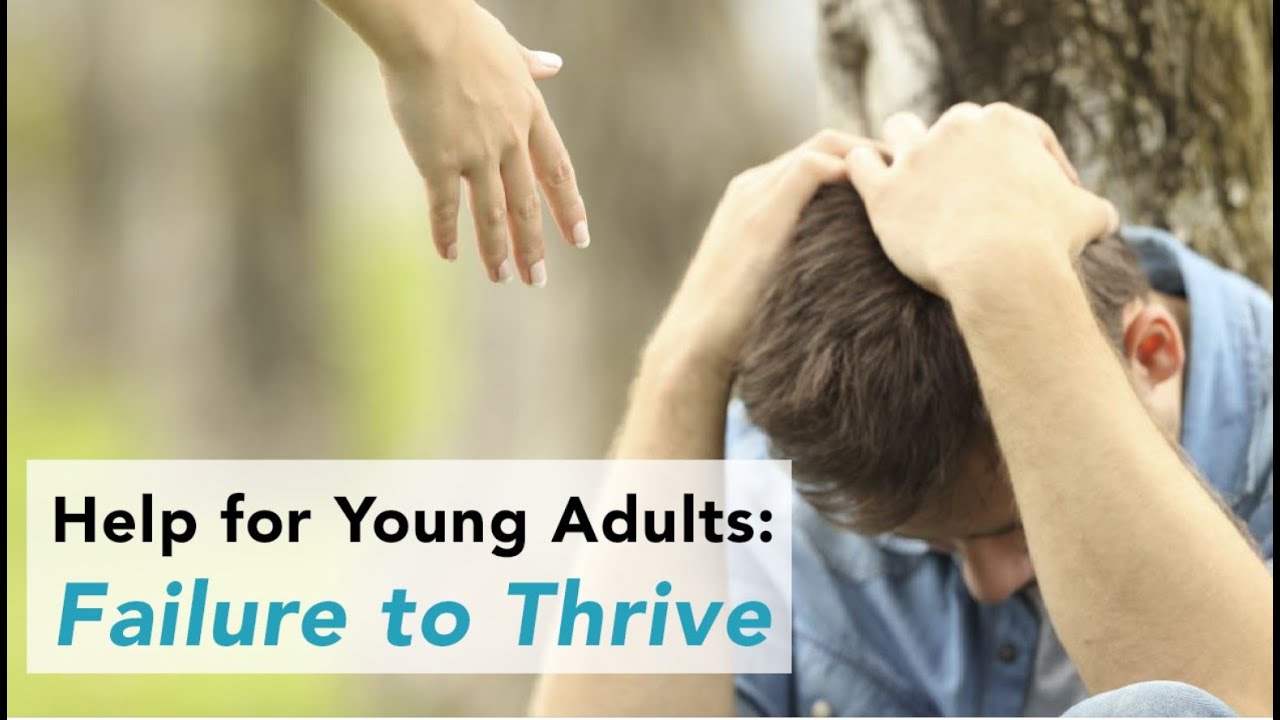Being 18 does not necessarily mean they’re ready for adulthood. Failure to launch is an epidemic that affects young adults the world over.
“My 18-year-old is out of control and I am at my wits end! What can I do?” – Anonymous Parent.
Recent studies suggest that over half of young adults 18-20 still live at home with their parents, with a vast majority of these adult children facing failure to launch syndrome.
18-and 19-year-old teens can be the most difficult to address simply because they are considered adults and cannot be forced to get help.
–Depressed, anxious, withdrawn?
–Failing to thrive?
-Socially awkward? ADHD, OCD?
-Unsure of their goals or future?
-Are they vaping, using drugs – self-medicating?
-Addicted to video gaming? Internet or cell-phone?
–Low self-worth?
-Lost interest in hobbies and favorite activities?
-Changing jobs, dropping out of school?
Since March of 2020 we have seen a spike in teen depression, anxiety, and stress. Remote and online learning has affected our young people’s mental wellbeing in many ways. The isolation from friends and family as well as the lack of socialization and feelings of loneliness has left many parents feeling helpless.
Failure to thrive can also be part of our entitlement generation. It’s simply easier to stay home and allow parents to take care of everything (emotionally and financially).
There are excellent young adult programs that can inspire, encourage, and educate your son or daughter.
These programs offer structured support, typically education in accordance with what their needs are (whether they need to get their high school diploma or start college courses), life skills as well as coping skills, mentor-ship, enrichment and wellness programs to help them lead a healthy and balanced lifestyle. Some offer the therapeutic component as well as ongoing medical care if your child needs this.
Biggest hurdle: Convincing your young adult to attend.
Most parents are surprised that it can be easier than they thought. Whether they are facing jail time (usually for a minor offense, but since they are now being charged as an adult, they may have up to 30-days in jail) and they would prefer to enter a young adult program in lieu of incarceration. Most judges are very agreeable to this, as we well know, the jails are full.
Maybe your son or daughter are done sofa surfing with their friends and family?
If you are at your wit’s end, your son or daughter may be left with no other options. You can offer them a young adult’s program as an alternative to you assisting them in the next phrase of their life.
You are only asking for 90 days. Most kids can digest 90 days. What happens in these 90 days can be transforming as they start feeling good about themselves again.
The fact is your child might also simply be exhausted of being sad and lonely and be willing to try a program. We always encourage parents to talk to other parents and ask them how they convinced their young adult to make this decision. It can give you great insights to help you help your son or daughter.
Life skills programs for young adults
 Life Skills Programs for young adults (17-20) years old can offer the following ways to help stimulate your child in a positive direction and give them a second opportunity at bright future:
Life Skills Programs for young adults (17-20) years old can offer the following ways to help stimulate your child in a positive direction and give them a second opportunity at bright future:
- Therapy through emotional growth. A young adult displaying a level of resistance to school or work will need to address the underlying causes in therapy. This is sometimes easier after leaving the comforts of their home environment outside peer influences.
- Building encouragement through a positive peer environment. Expressing frustration and anger with your child will likely make them feel worse and increase failure to launch behaviors.
- Structure. Help your young adult find the right balance between staying busy and having down time.
- Goal setting through mentorship and internship programs.
- Accountability through basic life skills of chores, hygiene, financial literacy, culinary skills, healthy diet decisions and more.
- Enrichment programs that can range from caring for animals, woodshop, landscaping, farming, arts and music, community volunteer work, gardening and more.
- Education – from finishing high school to starting college classes or enrolling in vocational training, every student has an opportunity to learn.
Life Skills Program can equip your child with coping skills to deal with adversity and change that real-life can throw at them, as well as help students identify who they are by what they can do, rather than what they have done.
Also read:
What Is The Goal of Residential Treatment
Check out The Life Skills for Teens book.
###
Please contact us for more information on young adult programs.








